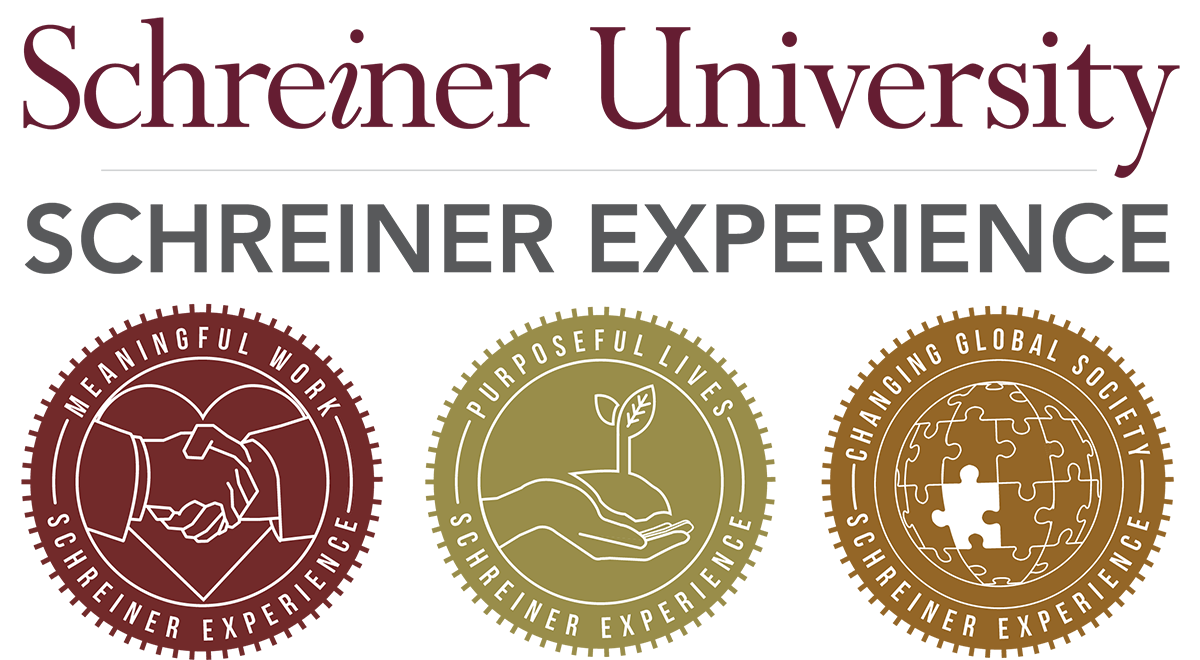By Alex Ball Published on December 15, 2021
Depending on how they’re categorized, non-traditional students account for between one- and two-thirds of college admissions, but in simple terms, a non-traditional college student in the US is anyone who has not entered university studies directly from secondary education or who has not completed their undergraduate degree within the standard four-year time scale. Non-traditional students face a variety of challenges when returning to or beginning their education, but they also have a wealth of experience and unique qualities that benefit both their own studies and their academic cohort. But for students beginning or completing university studies later in life, it can be difficult to know how to use the skills and experiences they’ve acquired outside of school. If you’re a non-traditional student, here are five tips for standing out and getting ahead in higher education.
1. Know that you’re not alone
According to national statistics anywhere from 38% to 71% of college students are classed as non-traditional. Some ‘non-traditional’ students began their studies after high school but found it necessary to extend or delay their degrees, while others enter higher education after time in the work-force or as their family’s primary caregiver. Whether you’re a non-traditional student who started working before completing your studies, or you are returning to college to advance or change your career, you will realize quickly that you’re not alone. College campuses are full of stay-at-home moms whose children have now grown, thirty-something business professionals making a career shift, pensioners filling their retirement by achieving life-long academic goals, and twenty-five-year-olds who simply needed a few years out from high school to clarify their plans or save for college. It doesn’t matter how you ended up in class, only that you’re prepared to learn and participate.

2. Explain your goals
Yes, there are some non-traditional students who approach academia like a hobby and have only enrolled in courses because the want to keep their minds or skills active. But most non-traditional students are using higher education to further career goals or enter into a new professional field. When applying for college, make sure that you clearly articulate how a degree or additional credentials will help you achieve your goals. Have you reached a plateau in your current position? Has your industry developed in a direction that was not anticipated by your earlier education or training? Are you aiming to transition from one sector to an entirely unrelated one? Or did you begin a degree at an earlier stage, but were diverted by professional or personal reasons. Being non-traditional isn’t a disadvantage when it comes to admissions, but you’ll need to be able to show how your chosen academic course will benefit you and your profession.

3. Use your experiences
One big advantage that non-traditional students often have is real-world experience. It doesn’t matter whether you spent the last ten years working as a legal secretary, changing diapers, running a drill press, or backpacking around Asia. Your time out from college was an education in itself, and your experiences will give you insight into your education and can make you a valuable asset in class. Highlight your unique experiences (and the skills they developed) on your applications. Use your expertise to build on course material. Relay information you’ve gathered out in the world in class discussions. It may seem that traditional students have the upper hand in class because they’re accustomed to studying and assignments, but remember that in most cases their knowledge is still mainly theoretical. You have insight into real-world applications and can bring depth and maturity to class discussions.
4. Create a network and use it!
As a non-traditional student, returning to an academic lifestyle can be challenging. Traditional students are often campus-based, which means they’re automatically tapped into all the resources available to students. And in most cases, traditional students have had months, if not years of briefing on benefits like academic advisors, career centers, scholarships, and alumni associations. Non-traditional students will need to work a little harder to learn about these, and to establish connections on- and off-campus. Start with your professors – approach them early and explain that you’re returning to or starting studies as a non-traditional student. Don’t be afraid to ask for help or direction. Utilize on-campus services like career counseling, writing centers, job fairs, and financial aid. Identify other students – both traditional and non – who have similar goals and study habits and work together on group projects or study sessions. It doesn’t matter if you’re 18 or 88, college is what you make of it.

5. Get involved…when you can
Just as non-traditional students may need to readjust to the inner workings of a college campus, they may also find it difficult to participate in traditional college activities. Clubs, sporting events, social gatherings, and even on-campus housing may seem off-limits to non-traditional students but can be a valuable, and essential part of a university education. For non-traditional students, participation in campus life will need to be balanced with real-world responsibilities, but that doesn’t mean you can’t join clubs or attend events. Try to identify activities that will enhance your studies and bolster your professional credentials. Find a professional organization in your field and attend meetings. Make time in your schedule for talks or performances that are related to your studies. And don’t hesitate to cheer for your school’s team at the big game. Remember that college isn’t just books and classes – it’s a community designed to educate and empower through academic and social experiences.
Author: Elizabeth Koprowski


